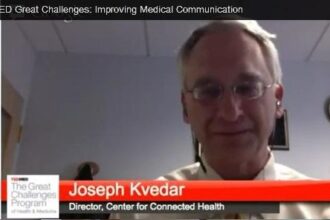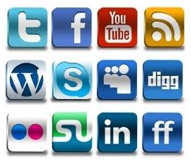The American College of Physicians has released an update to its Ethics Manual and new or expanded sections include, among others, confidentiality and electronic health records, health system catastrophes, boundaries and privacy, social media and online professionalism. I really appreciate the manual and have pulled out a few key points based upon the topics I cover often on this blog.
The American College of Physicians has released an update to its Ethics Manual and new or expanded sections include, among others, confidentiality and electronic health records, health system catastrophes, boundaries and privacy, social media and online professionalism. I really appreciate the manual and have pulled out a few key points based upon the topics I cover often on this blog.
- Communication through email or other electronic means can supplement face-to-face encounters; however, it must be done under appropriate guidelines. Issuance of a prescription or other forms of treatment, based only on an online questionnaire or phone-based consultation, does not constitute an acceptable standard of care. (Exception: on-call situations) (pg 75)
- Shifting principles guide the patient-physician relationship during catastrophes and physicians need to be prepared for decision making and the just delivery of healthcare. (pg 80)
- Physicians who use online media, such as social networks, blogs, and video sites, should be aware of the potential to blur social and professional boundaries. They therefore must be careful to extend standards for maintaining professional relationships and confidentiality from the the clinic to the online setting. Physicians must remain cognizant of the privacy settings for secure messaging and recording of patient-physician interactions, as well as, online networks and media and should maintain a professional demeanor in accounts that could be viewed by patients or the public. (pg 81)
All Changes to the Manual since the 2005 (fifth) edition







